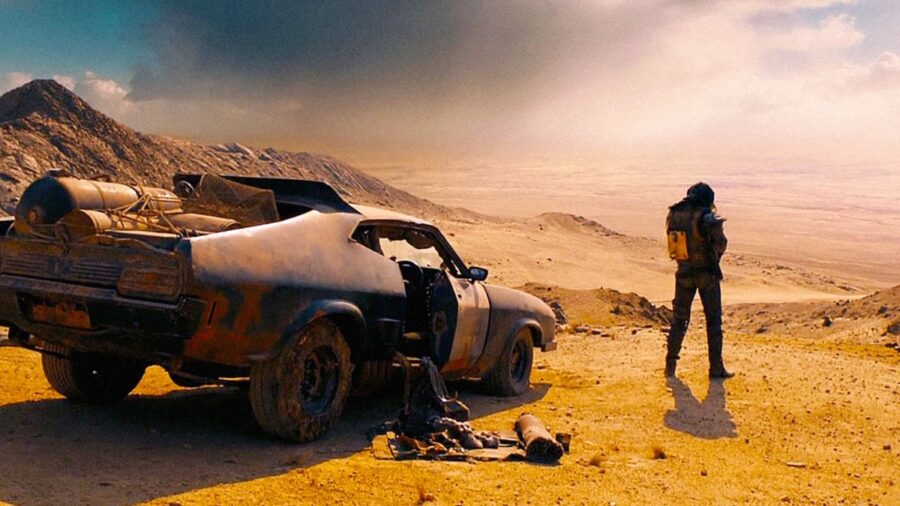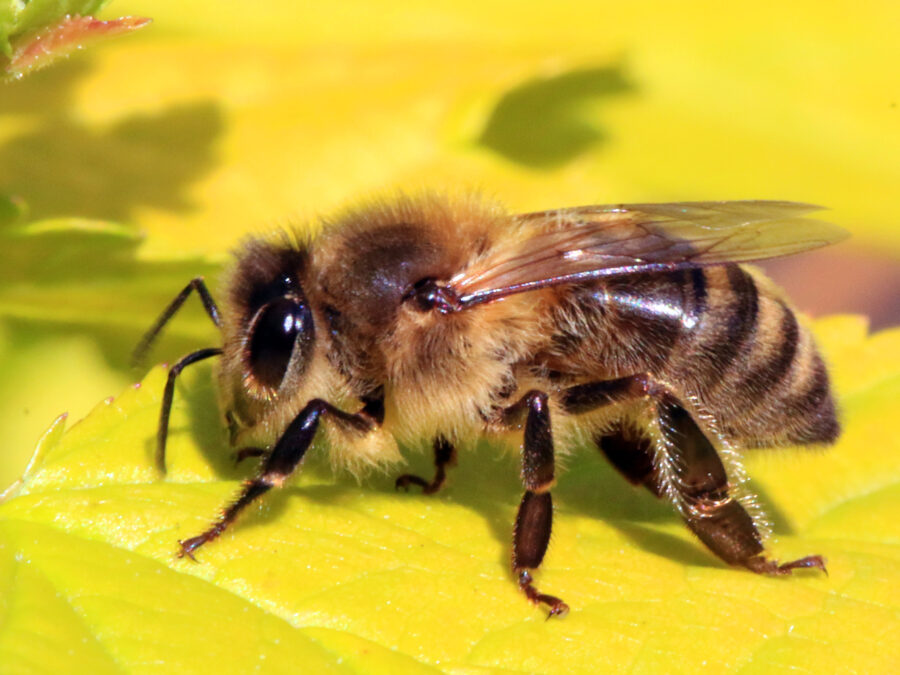Scientists Reveal Civilization Is Coming To An End, Here’s When It’s All Over
Stanford scientists warn that our civilization could crumble within the next few decades.
This article is more than 2 years old

People who enjoy our modern lifestyle should perhaps not get used to it, according to Standford scientists. Futurism reports that civilization as we know it may end within a few decades if humanity doesn’t get on top of managing our natural resources. This was the assessment of Stanford biologists Tony Barnosky and Paul Ehrlich when they appeared on 60 Minutes to discuss the effects of mass extinction.
Tony Barnosky discussed this inevitability from the perspective of the fossil record, which shows that mass extinction rates are around 100 times higher now than in any other period in Earth’s history of supporting life. These extinctions not only reduce the amount of food in our ecosystem but also cause other breakdowns in the chain of life that could hasten the demise of civilization by bringing an end to processes we take for granted. Mass extinctions have taken place throughout the geological record, but not at the rate they are happening today.
The Earth is very capable of bouncing back from mass extinction events, as biologists have discovered through fossil records and other research. However, the impact of civilization on the environment is unprecedented and it is unknown how the end of so many species will impact life for humanity, giving worry that resources we take for granted may diminish as a result. An example of the type of impact the biologists are talking about is the catastrophic results experienced because of massive reductions in the world’s bee population.

Barnosky’s colleague, Paul Ehrlich, has long warned of the dangers of overpopulation, which is also throwing the ecosystem out of balance even without factoring in the mass extinction events taking place globally. He claims that there are already more people on the planet than its resources can support, meaning civilization could end simply because there’s not enough food, water, and shelter to go around. Ehrlich published a book in 1968, called The Population Bomb, warning about how overpopulation will unbalance the delicate systems that govern our planet.
Both biologists were careful to point out the planet’s resilience to such events, specifying that the Earth will survive. It is civilization that is under threat by these twin effects, and they say it will end because the resources necessary to maintain our way of life will not be replenished naturally because of the mass extinctions and intrusion from human habitats, causing Erhlich to quip, “Humanity is very busily sitting on a limb that we’re sawing off.” The humans who survive may find the environment hostile due to less game, soil infertility, and severe weather, as well as a range of other consequences.
There are a lot of things in our universe that can cause civilization as we know it to end, such as asteroids hurtling toward the planet or gamma-ray bursts blasting us with cosmic radiation. With so many threats humans can’t control, it would be tragic if our species destroyed itself by means of things we can. Certain human behaviors are ushering in the threat of mass human extinction, and the future looks like a dystopian nightmare out of a Mad Max movie if we keep devouring our resources and disrupting our planet at the rate we do today.












